Extended Writing
Although many historians now use the medium of television to advance their arguments and interpretations of history, the construction of written accounts remains fundamental to their craft. It also lies at the heart of current assessment systems, which means that young people similarly need to be able to create effective historical accounts of different kinds. The quality of students’ writing depends on the processes of selection and organisation as well as on effective communication within the appropriate genre, and the materials in this section deal with all three dimensions. Read more
-

Enabling Year 7 to write essays on Magna Carta
ArticleClick to view -

What made your essay successful? I ‘T.A.C.K.L.E.D' the essay question!
ArticleClick to view -
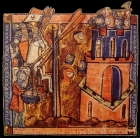
Move Me On 159: Writing Frames
ArticleClick to view -

Triumphs Show 159: teaching paragraph construction
ArticleClick to view -

Getting medieval (and global) at Key Stage 3
ArticleClick to view -
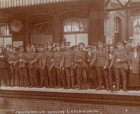
Writing Letchworth's war: developing a sense of the local within historical fiction through primary sources
ArticleClick to view -
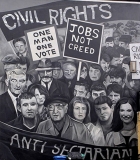
Why we would miss controlled assessments in history
ArticleClick to view -
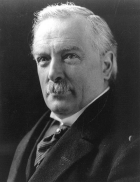
Developing awareness of the need to select evidence
ArticleClick to view -
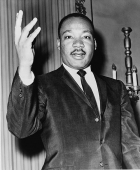
Developing students' thinking about change and continuity
ArticleClick to view -

Teaching the iGeneration
ArticleClick to view -

Improving Year 12's extended writing
ArticleClick to view -
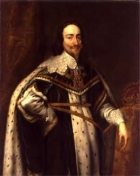
Developing pupil explanation through web debates
ArticleClick to view -
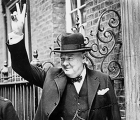
Using family history to provoke rigorous enquiry
ArticleClick to view -
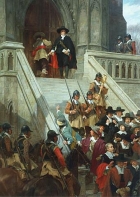
Thematic or sequential analysis in causal explanations
ArticleClick to view -

Triumphs Show 144: Active learning to engage ‘challenging students'
ArticleClick to view -

Chatting about the sixties: historical reasoning in essay-writing
ArticleClick to view -

Cooperative Learning: the place of pupil involvement in a history textbook
ArticleClick to view -

Essay writing for everyone: an investigation into different methods used to teach Year 9 to write an essay
ArticleClick to view -

A most horrid malicious bloody flame: using Samuel Pepys to improve Year 8 boys' historical writing
ArticleClick to view -

Direct teaching of paragraph cohesion
ArticleClick to view

